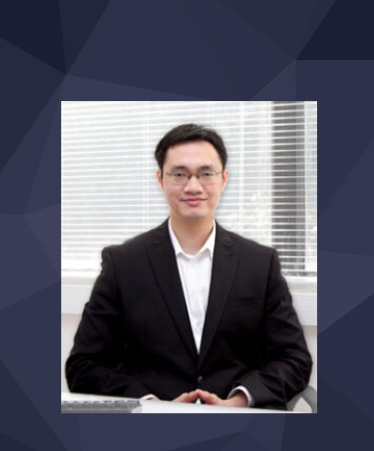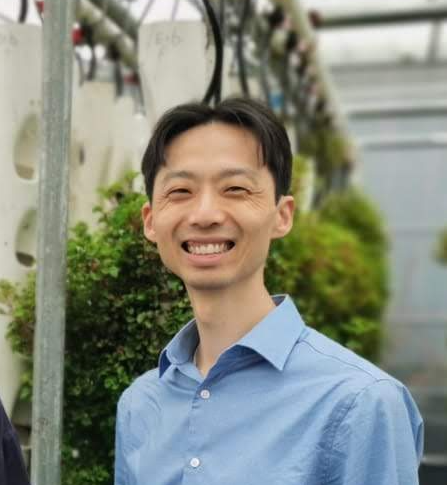TechTalk – Minimally Invasive Brain-Computer Interface (BCI) Research @ HKU
June 27, 2025 (Friday) 4:30pm-5:30pm
This talk will present the latest advancements from Professor Chan’s research team and his startup company Brainsmart, dedicated to developing minimally invasive brain-computer interface (BCI) technologies for stroke rehabilitation and neurological recovery. His team focuses on flexible neural probes and high-density ECoG arrays that can be implanted without craniotomy, offering safer options for high-risk patients. Professor Chan will highlight their recent results in decoding neural signals related to hearing perception and motor intentions, and discuss how these findings contribute to future neuroprosthetic applications. The talk will also cover our pathway from technology development to clinical translation, aiming to enhance functional recovery and quality of life for patients.



